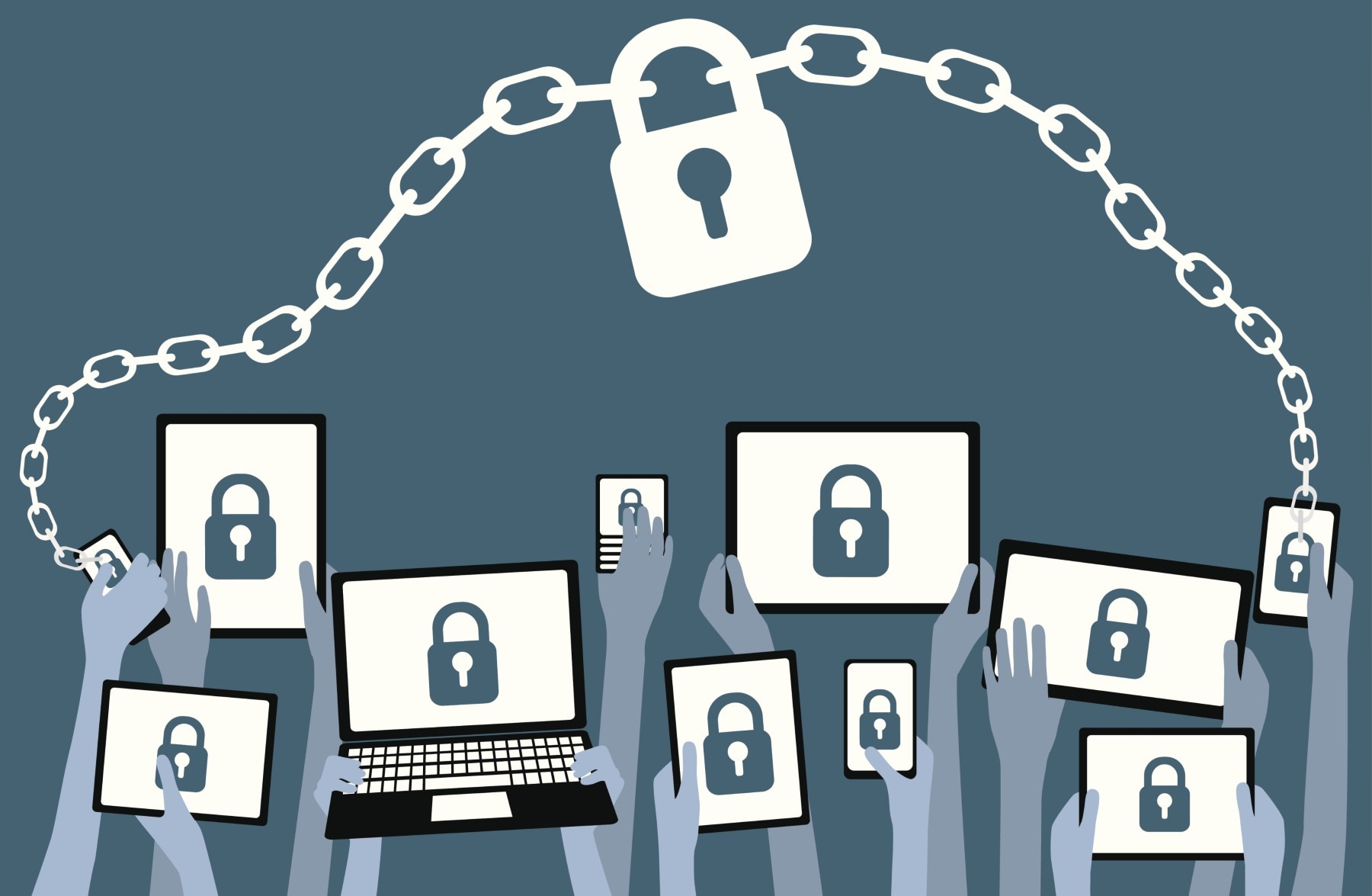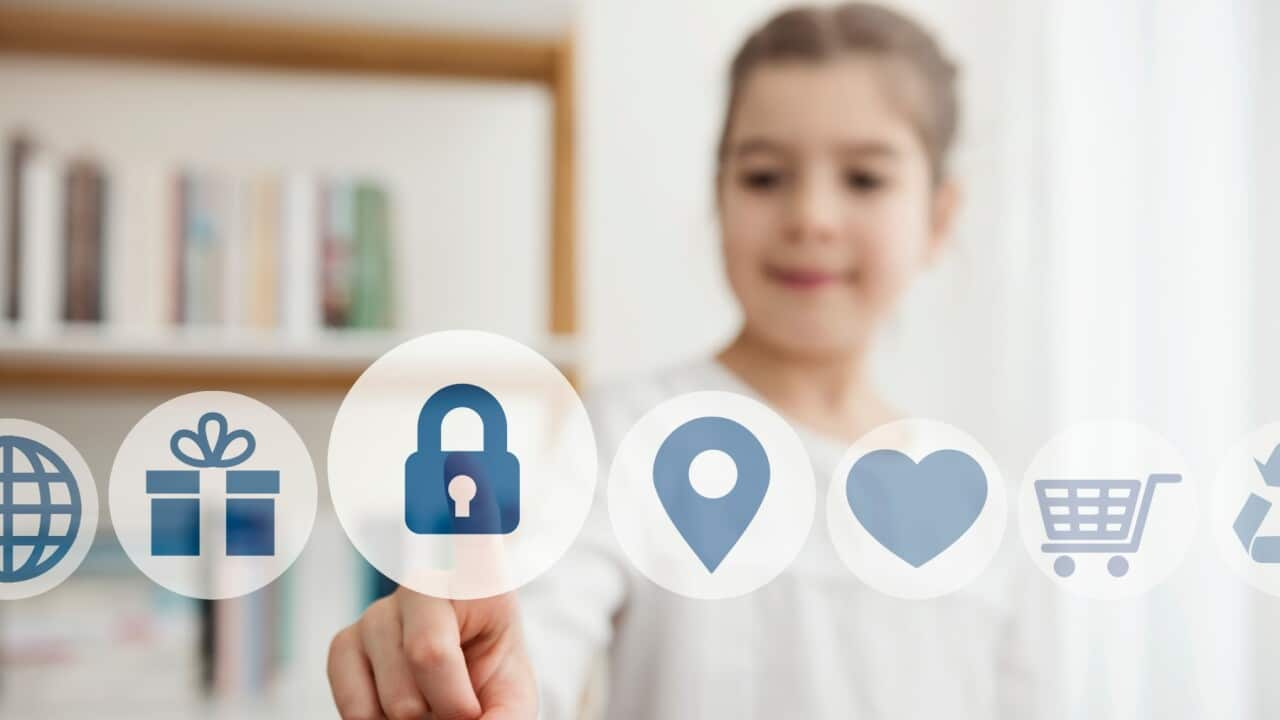Here are 10 ways to keep you and your children safe online:
Keeping your children safe online by using the CyberParent app.

Keeping yourself away from online scams. Over $36 million has been lost during the first quarter of 2020 due to scamming according to the Australian Competition and Consumers Commission.
Be vigilant with online payments. There are millions of credit cards being processed every day and the Australian Payments Network (APN) latest report shows though credit card fraud has been reduced credit card details stolen have risen to over 86%. "Only provide your card details on secure and trusted websites. Look for the locked padlock icon and be wary of offers that look to good to be true," says Andy White, Chief Executive of APN. Never share or tell your password to anyone.

Securing your computer, change administration password often, use hardware firewall to protect your computer.
Securing your internet connection. Change the administration password and keep it to only people you trust, disable remote access option. If it is compromised, hackers would steal your personal information, access your connection or control your computer for other purposes."

Do not share your password. A secured password will comprise of letters, numbers, and symbols altogether over 8 characters. Change your password often and keep your password or pin in a safe and secure place.

Do not download files from unknown websites. 'Do not click or open suspicious texts, pop-up windows or emails and it is best to delete them.'
Protecting your mobile device. 'Keep it with you all the time if not, when it is stolen or lost, information on those devices will be used to steal your identity (identity theft), or accessing your money.'
Protecting your personal information or privacy.
Treat your personal information as you would treat your money - don't leave it lying around for others to take.

Getty Images
With your stolen identity, a person may access your bank account, obtain credit cards or loans in your name, or claim welfare benefits, and potentially ruin your credit rating – explains a cyber-crime expert from The University of Canberra Nigel Phair.
Often people don't realise something malicious has happened until they get a bad credit rating from financial institutions.
How to get help?
The Australian Competition and Consumer Commission (ACCC) is a good place to start.
They provide up-to-date information on the most common types of scams in circulation in Australia and they also collect and publish data on them.
Here you can find a collection of online resources and useful sites compiled by the ACCC to help you understand, recognize and avoid scams.
If you believe some of your privacy has been breached, you can contact the Office of the Australian Information for assistance on 1300 363 992.
And don’t forget to check the list of current online threats on the government’s Stay Smart Online website.





